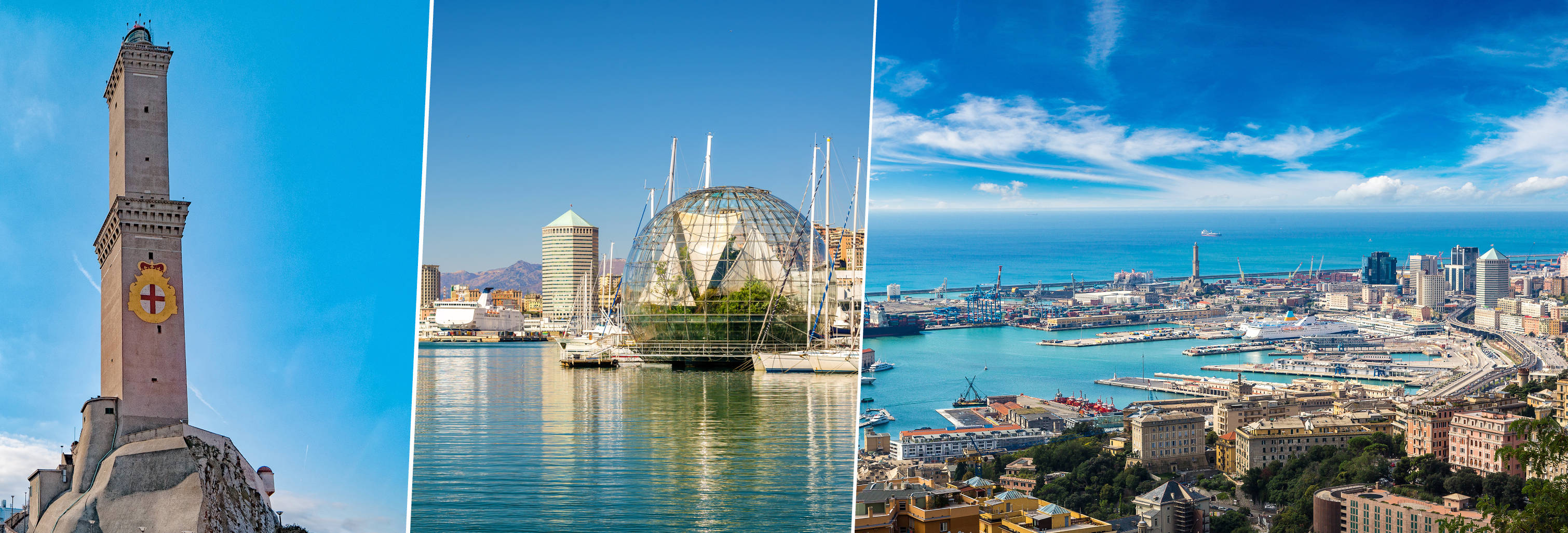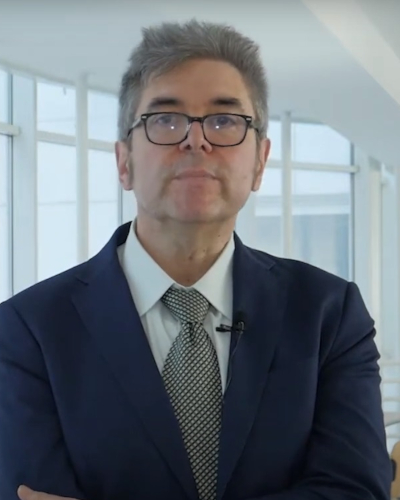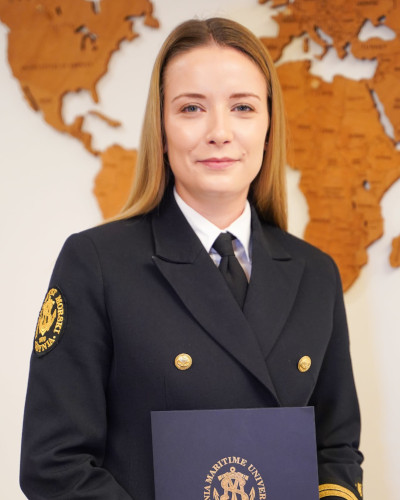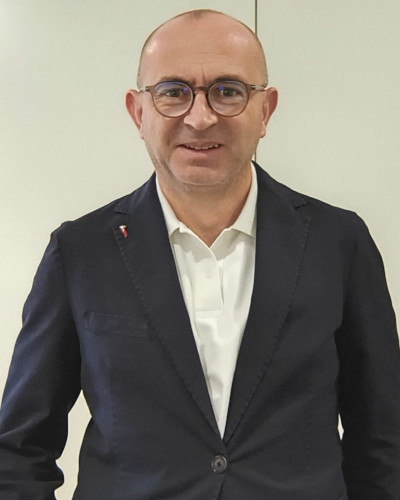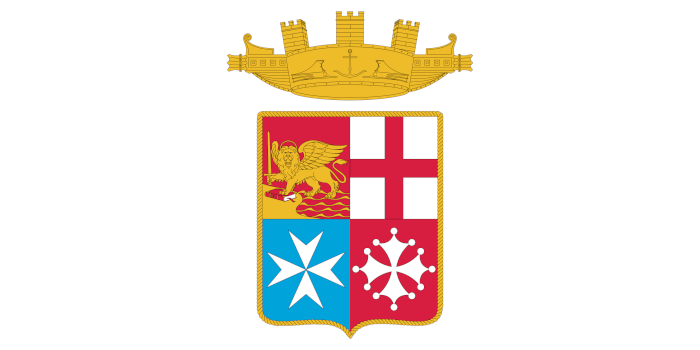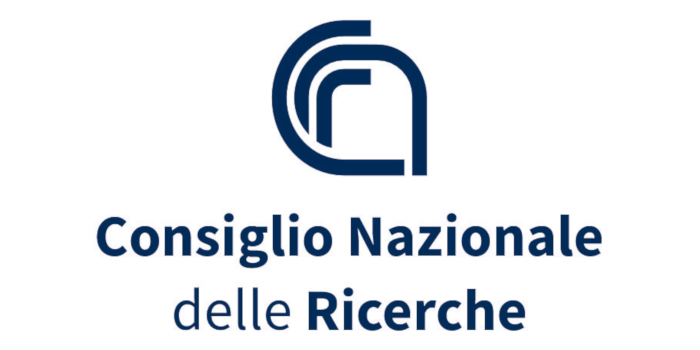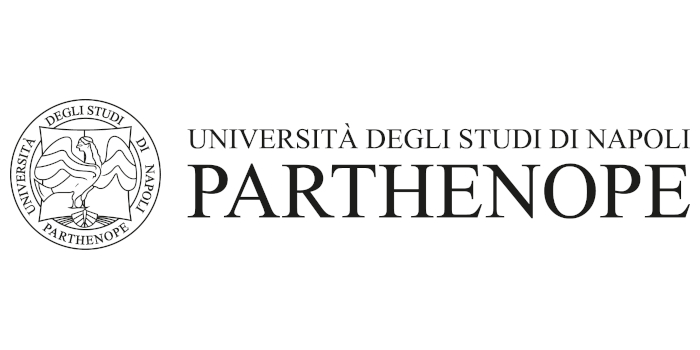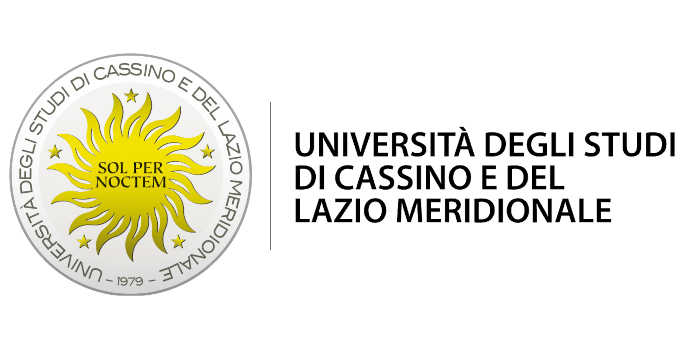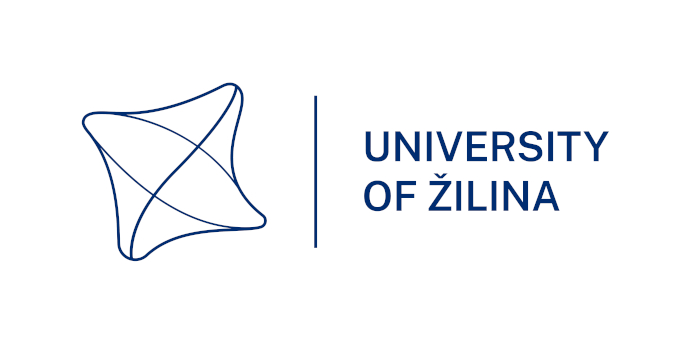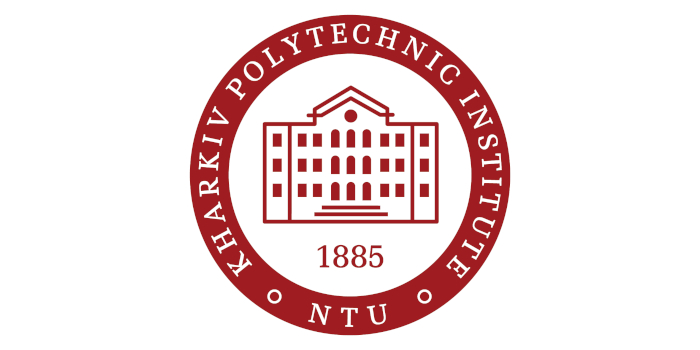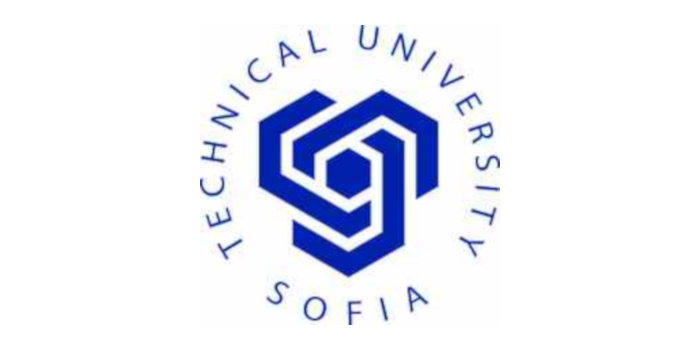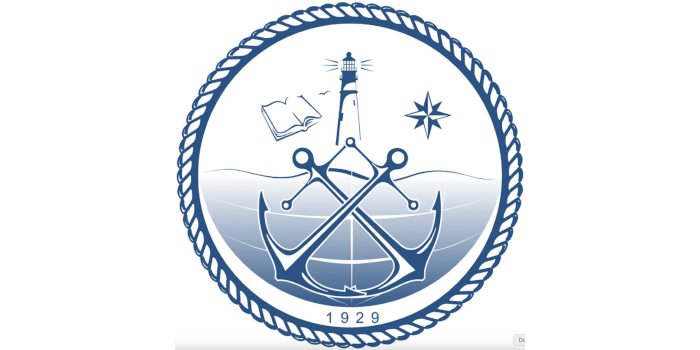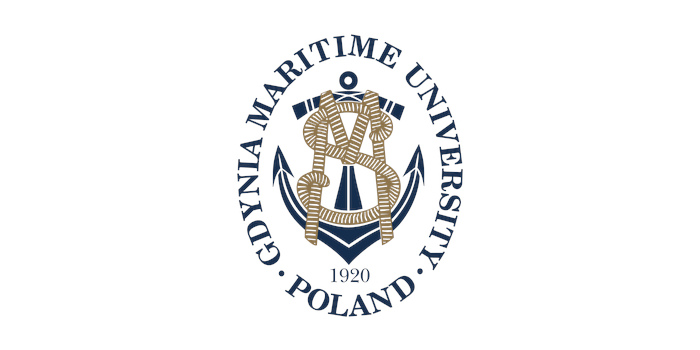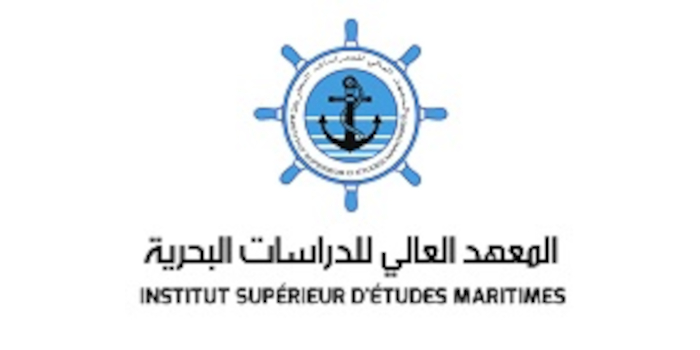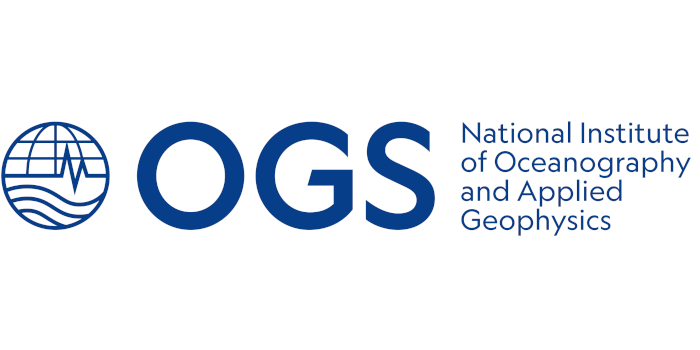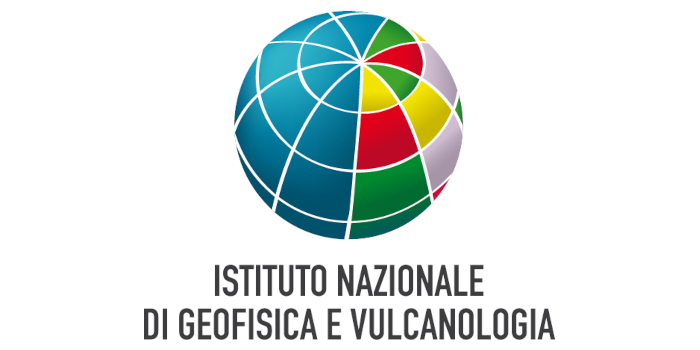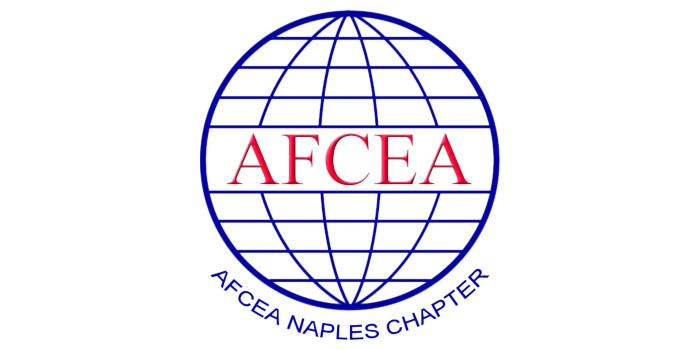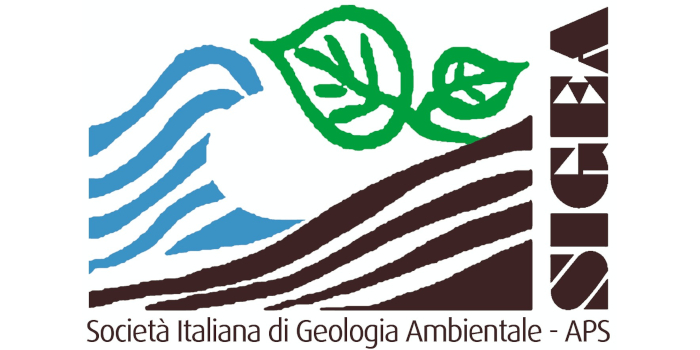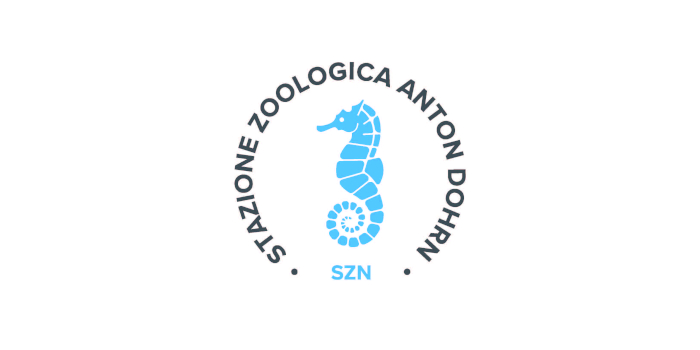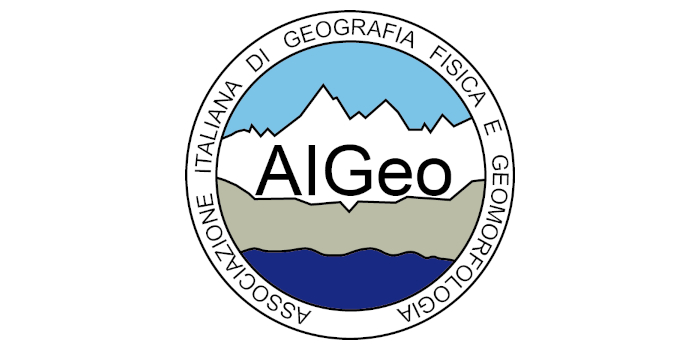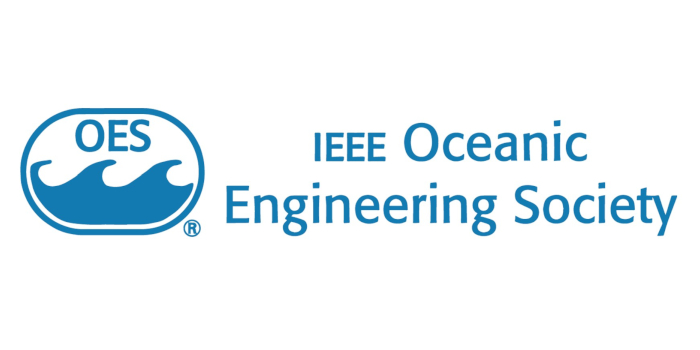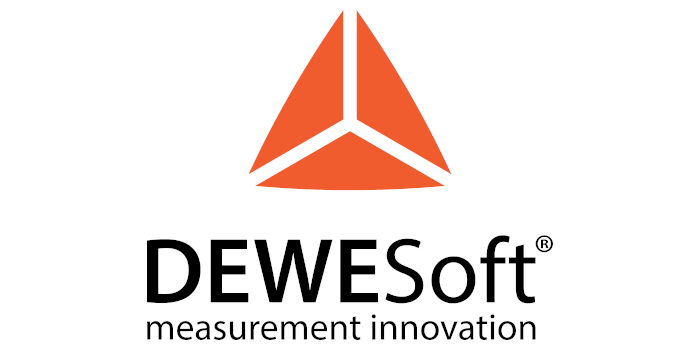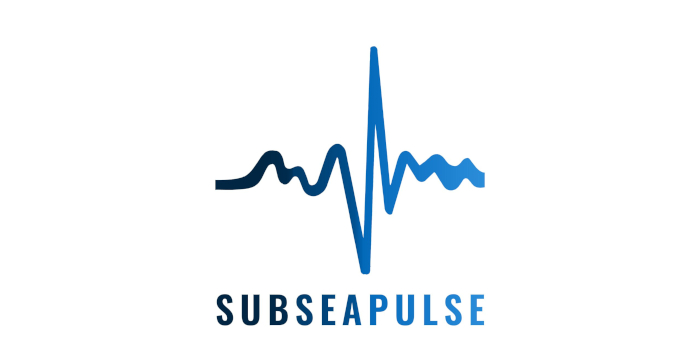SPECIAL SESSION #12
Remote sensing, in-situ surveys, and GIS applications for marine and coastal areas
ORGANIZED BY
Claudio Parente
Department of Science and Technology, University "Parthenope" of Naples, Italy
Mariusz Specht
Department of Transport and Logistics, Gdynia Maritime University, Poland
Oktawia Specht
Department of Transport and Logistics, Gdynia Maritime University, Poland
Ugo Falchi
Department of Science and Technology, University "Parthenope" of Naples, Italy
Andrea Vallario
Department of Science and Technology, University "Parthenope" of Naples, Italy
ABSTRACT
Remote sensing and in situ survey techniques are fundamental to acquire data concerning marine and coastal areas for supporting studies and monitoring programs. In fact, those data, appropriately processed using tools present in Geographic Information System (GIS), facilitate the construction of spatial and temporal models that are useful for environmental analysis, geo-hazard mapping, activity planning, and sustainable zone management.
In this session, we will focus on all types of techniques, including those that can be applied on land and coastal environments as well as those strictly related to water environments: the former comprise, among others, electronic total station, GNSS (Global Navigation Satellite System), laser scanning; the latter include, for example, single beam and multibeam bathymetry, side scan sonar, underwater surveys with photo/video capture. All applications concerning technical aspects related to sensors on aircraft, drone and satellite for acquiring data with high temporal and geometric resolution are welcome.
This session aims to collect contributes coming from experts of several areas (geomatics, hydrography, remote sensing, photogrammetry, mapping, GIS, data processing, oceanographic and coastal modelling, ecology) and concerning both methodological subjects and concrete applications for topics related to marine and costal area investigation and monitoring. The attention will be focused on land and sea data acquisition and processing, with particular attention for GIS applications, thematic map production, 3D model construction, coastline detection, water quality, impacts of climate changes and catastrophic events on shoreline, natural ecosystems and human settlements along the coasts. The experience of research centers and the recent developments in the field of measurement systems and techniques applicable for marine and coastal areas, will be particularly valuable for the aims of this session.
TOPICS
Here are some examples of accepted topics:
- Land survey techniques based on total station, GNSS, and laser scanning;
- Hydrographic survey techniques, including single beam, multibeam, and side-scan sonar;
- Unmanned survey systems and their applications;
- Multispectral and hyperspectral image processing;
- Coastline detection techniques;
- Data fusion techniques;
- 3D model construction and representation of seabed and land;
- Satellite Derived Bathymetry;
- Thematic map production;
- Integration of GIS data and survey data;
- Electronic Maritime Navigation, Electronic Charts, Electronic Chart Display and Information System (ECDIS);
- Recent developments in the field of measurement systems and techniques;
- Ecosystem analysis and habitat mapping.
ABOUT THE ORGANIZERS
Claudio Parente, is full Professor of Geomatics and responsible of the "Geomatics, Remote sensing and GIS Laboratory", at "Parthenope" University of Naples, Department of Science and Technology. He has a degree in Civil Engineering from "Federico II"bUniversity of Naples , a Post Graduate Master degree in "Sciences and Engineering of the sea" and PhD in "Geodetic and Topographic Sciences" from Naval University of Naples. His research activities concern different aspects of Geomatics, including Remote Sensing, GIS, Cartography, Digital Terrain Model, hydrographic and land survey. He is vice-director of the Department of Science and Technology ("Parthenope" University) He is the author or co-author of more than 130 publications at national or international level; his works are present in important scientific database, such as SCOPUS (78 articles) and WoS (34 articles).
Mariusz Specht, received Ph.D. degree from Polish Naval Academy, Poland, in 2019. He is currently an Assistant Professor in the Gdynia Maritime University (Department of Transport and Logistics). He has authored or coauthored 104 peer-reviewed publications, including 67 articles in JCR-listed journals. He is the leader in the National Centre for Research and Development (NCBR) grant entitled: Innovative autonomous unmanned bathymetric monitoring system for shallow waterbodies. His research activities concern: global navigation satellite systems; civil engineering; geomatics; cartography; navigation; hydrography; mapping; earth observation; geospatial science; geoinformation; spatial analysis; geodesy; applied mathematics.
Oktawia Specht, submitted her doctoral dissertation in February this year. Her Ph.D. thesis focuses on developing an innovative method for creating a numerical model of the coastal zone based on geospatial data recorded using various sensors. The developed method places particular emphasis on obtaining high-quality depth data up to 1 m, which is a challenge due to the excessive draft of manned hydrographic vessels. She is currently an assistant at Gdynia Maritime University. She has authored or coauthored 29 peer-reviewed publications, including 26 articles in JCR-listed journals. Her research interests include geographic information systems, oceanography and hydrography.
Ugo Falchi, is Assistant Professor of Geomatics at “Parthenope” University of Naples.
His primary research interests in recent years have focused on the organization, processing, management, and querying of cartographic, territorial, and environmental data. Additionally, his work has involved feature extraction from satellite imagery and applications in operational geodesy.
Over the past 19 years, he has held various teaching positions in geomatics-related disciplines, including photogrammetry, geodesy, and cartography.
Since 2006, he has been a member and tutor of Doctoral Colleges and has been involved in numerous scientific projects of national and international significance. He is author or co-author of scientific articles listed in the SCOPUS database.
Andrea Vallario, is Assistant Professor in the field of geomatics at "Parthenope" University of Naples, Department of Science and Technology. He has a Bachelor degree in "Computer science", a Master degree in "Applied Computer Science" and PhD in "Geomatics, Navigation and Geodesy" from "Parthenope" University of Naples. His research activities concern Geomatics and include Remote Sensing, GIS, image processing, data fusion, 3D surveying and modelling. Since 2022 he has been organizer of a special session on Geomatics within IEEE International Workshop on Metrology for the sea. He is the co-author of articless published on national and international scientific journals and on the proceedings of national and international conferences and workshops.

